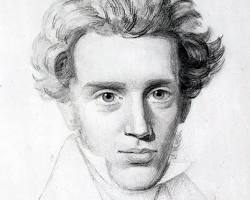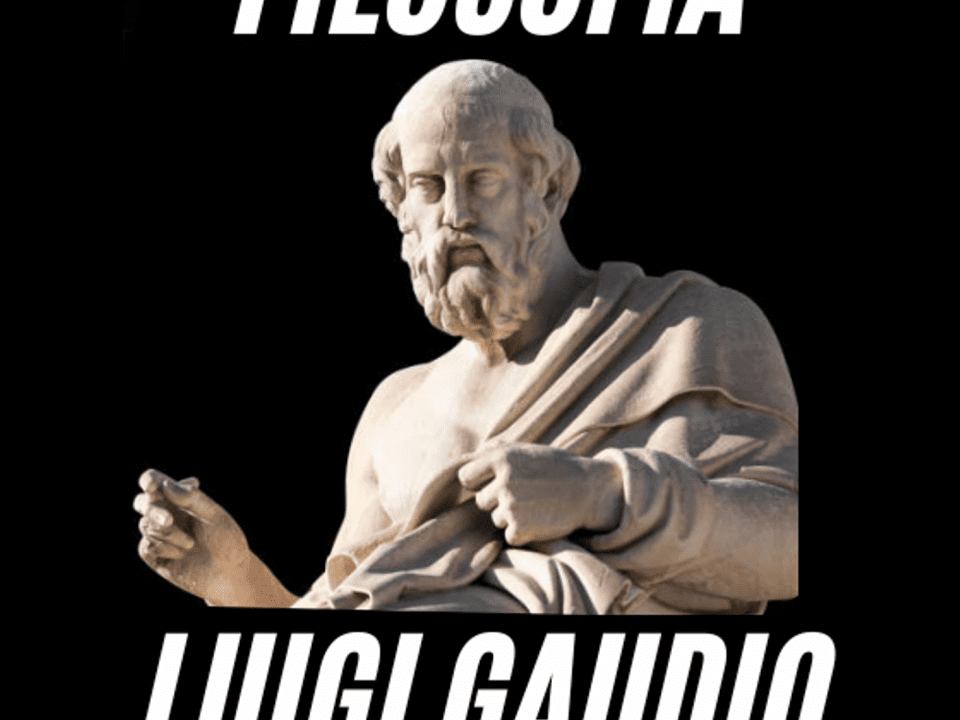



Volontariato
27 Gennaio 2019

Confronto tra Il principe e i Discorsi sopra la prima deca di Tito Livio
27 Gennaio 2019English philosophy between the 17th and 18th centuries represented one of the most fertile periods for Western thought, giving rise to theories that profoundly influenced politics, ethics, epistemology, and metaphysics.
Thomas Hobbes, John Locke, and David Hume are among the main exponents of this development, each with unique and distinctive contributions. Here, we will explore the highlights of their works, highlighting how their ideas developed and influenced each other.
Thomas Hobbes (1588-1679)
- Historical Context: Hobbes lived in a period of profound political and social instability in England, culminating in the English Civil War (1642-1651). This context profoundly influenced his political and philosophical thought.
- Main works: His most famous work, Leviathan (1651), is a cornerstone of modern political thought. In it, Hobbes presents a worldview strongly influenced by a mechanistic conception of nature.
- Anthropology and state of nature: Hobbes describes man as a selfish being driven by passions. In his state of nature, individuals live in a condition of war of all against all (bellum omnium contra omnes), where life is “solitary, poor, nasty, brutish, and short”. This pessimistic view of human nature leads Hobbes to argue that only a strong central power can guarantee peace and stability.
- Social contract and sovereignty: To overcome the state of nature, individuals enter into a social contract, surrendering their rights to an absolute sovereign, the Leviathan. This sovereign has the task of maintaining order and preventing a return to the state of nature. Hobbes is a supporter of absolute power, believing that without it anarchy would prevail.
John Locke (1632-1704)
- Historical Context: Locke lived during the Glorious Revolution (1688-1689), an event that marked a crucial step towards parliamentarism and the limitation of monarchical power in England. This climate deeply influenced his political thought.
- Main works: Locke’s fundamental works include Two Treatises of Government (1689) and An Essay Concerning Human Understanding (1690). These texts represent a fundamental contribution to political philosophy and empiricist epistemology.
- Social contract and limited government: Unlike Hobbes, Locke sees the state of nature as a condition of relative peace and freedom, governed by natural law. However, to protect natural rights (“life, liberty, and property”), individuals enter into a social contract, forming a government. For Locke, the government must be limited and act with the consent of the governed. If it violates these principles, the people have the right to resist and replace it.
- Epistemology: empiricism and ideas: Locke is one of the founders of empiricism. In An Essay Concerning Human Understanding, he argues that the human mind is a “tabula rasa” (blank slate) at birth and that all knowledge derives from experience. He distinguishes between simple ideas, derived from direct perception, and complex ideas, constructed by the combination of the former.
David Hume (1711-1776)
- Historical Context: Hume is a key figure of the Scottish Enlightenment. Unlike Hobbes and Locke, Hume is more interested in epistemological and metaphysical questions than political ones.
- Main works: Among his main works are A Treatise of Human Nature (1739-1740) and An Enquiry Concerning Human Understanding (1748). Hume develops a radical empiricism and a profound critique of traditional notions of causality and substance.
- Skepticism and knowledge: Hume argues that all human knowledge derives from sensory experience, but he questions the validity of many common beliefs. Causality, for example, is not a necessary relationship between events, but a mental construction based on habit.
- Ethics and passion: Hume criticizes the rationalist view of ethics, arguing that reason is the slave of the passions. For him, it is moral sentiment that guides human behavior, not logic.
Conclusion The philosophies of Hobbes, Locke, and Hume represent three distinct but interconnected approaches to the study of human nature, society, and knowledge. Hobbes emphasizes political order and authoritarianism, Locke individual liberty and limited government, and Hume the critical analysis of experience and knowledge. Together, these thinkers laid the foundations for many of the ideas that continue to influence modern thought.
Bibliography
Hobbes, Thomas. Leviathan. 1651.
Locke, John. Two Treatises of Government. 1689.
Locke, John. An Essay Concerning Human Understanding. 1690.
Hume, David. A Treatise of Human Nature. 1739-1740.
Hume, David. An Enquiry Concerning Human Understanding. 1748.
Filosofia dell’età moderna
Materiale didattico e appunti su atuttascuola
- Sviluppi della filosofia inglese da Hobbes a Locke e Hume di Luigi Gaudio
-
Thomas Hobbes di Luigi Gaudio
-
Commento ad un brano di Hobbes sul concetto di libertà di Luigi Gaudio
-
Confronto fra le teorie politiche di John Locke e di Thomas Hobbes di Luigi Gaudio
-
John Locke di Elena
-
JOHN LOCKE – filosofia di Miriam Gaudio
-
Che cos’è lo stato di natura in filosofia? di Luigi Gaudio
-
Powerpoint su Empirismo della prof.ssa Irma Lanucara
-
Davide Hume di Elena
-
Developments in English Philosophy: From Hobbes to Locke and Hume di Luigi Gaudio
-
DAVID HUME – filosofia di Miriam Gaudio
Materiale didattico e appunti su altri siti
-
Appunti di Interruzioni Hobbes
-
Hobbes di Diego Fusaro
-
Hobbes del prof. Donato Romano
-
Locke e Berkeley in power point, di Antonio Afeltra, disponibile anche la presentazione subito a tutto schermo
-
John Locke appunti dalle lezioni di filosofia del prof. Maurilio Lovatti, di Paola Volonghi
-
Appunti di Interruzioni Locke
-
Empirismo & Razionalismo di Claudio Fiorillo
-
Locke del prof. Donato Romano
-
Locke di Diego Fusaro
-
Schema su Locke di Fabio Utili
-
Locke di Luigi De Bellis
-
David Hume appunti dalle lezioni di filosofia del prof. Maurilio Lovatti, di Paola Volonghi
-
Schema su Hume di Fabio Utili
-
Hume, David da lafrusta
-
Empirismo & Razionalismo di Claudio Fiorillo
-
Hume del prof. Donato Romano
-
David Hume di Diego Fusaro
-
Freud e il problema di Hume di Alberto Barli
Ascolta il podcast sulla Filosofia
Ascolta “Filosofia” su Spreaker.
Audio Lezioni di Storia moderna e contemporanea del prof. Gaudio
Ascolta “Storia moderna e contemporanea” su Spreaker.




